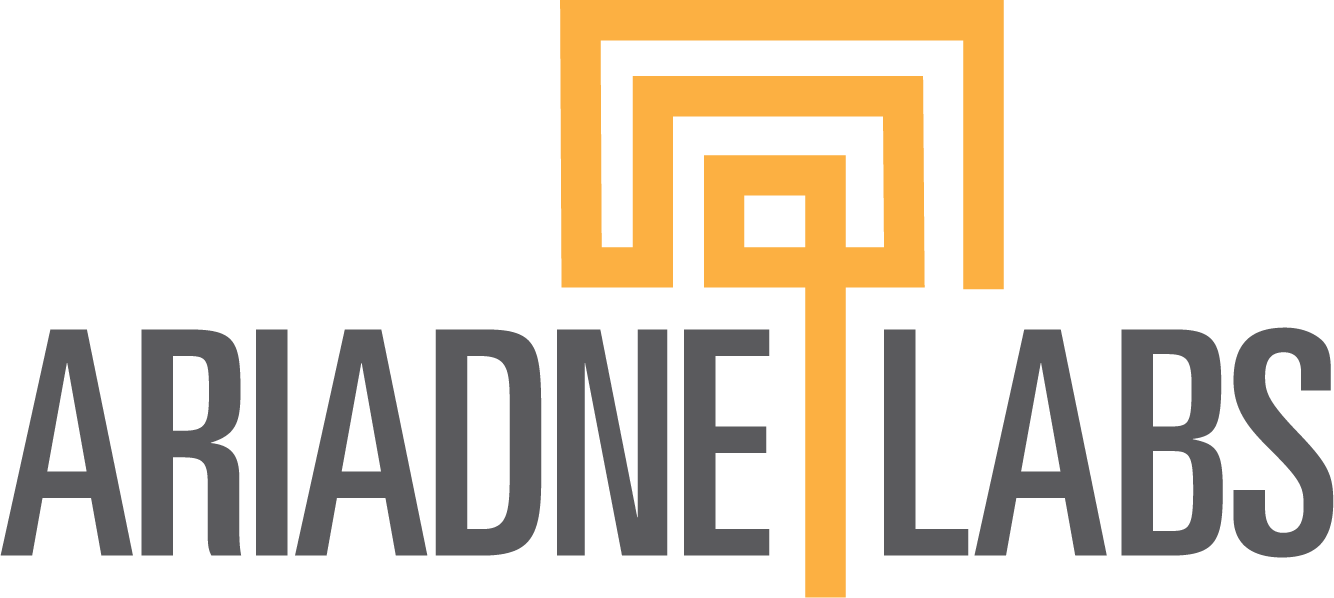Experiences and Outcomes in Early Adopters of Predispositional Sequencing
Genomic sequencing is available to and being utilized by physicians and their patients in both research and clinical settings. Instead of using genomic technology in the hopes of identifying a cause for a specific condition, genomic sequencing in healthy individuals would follow a model of “predispositional” genomic testing. This model envisions results being returned in a readily understandable report to patients and their clinicians as part of the patient’s regular care. Genomic sequencing of healthy individuals could grow to resemble current population-based preventative screening measures, such as newborn screening or the use of colonoscopy after age 50, which have been integrated into clinical practice to identify uncommon diseases.

In the PeopleSeq Consortium, funded by the NIH, we are conducting a longitudinal study of healthy adults by surveying those who plan to, or have already received, their own genomic sequence information through various commercial and research avenues that follow different return of results models. The PeopleSeq Consortium enables us to collect valuable empirical data on the medical, behavioral and economic impact of performing genomic sequencing in healthy adults. To accomplish this, we have drawn upon our prior experience in designing and implementing rigorous studies of the outcomes of genetic testing and results disclosure, including the Impact of Personal Genomics (PGen) Study and the MedSeq Project.
PeopleSeq was designed with an opportunistic sampling approach, in which we recruit participants who already purchased or otherwise elected to obtain personal genomic testing. We received an NIH supplement proposing to facilitate and subsidize genomic testing costs for Black participant groups who would like to take advantage of the opportunity of genomic sequencing, but lacked access. We will use this supplement to subsidize pre-test genetic counseling, clinical genomic testing, and post-test genetic counseling for interested Black participants. In conjunction with this opportunity, educational sessions have been held independently to educate on genomic testing considerations and to recruit participants for this opportunity. The initiative is being led by the PeopleSeq Consortium diversity consultants.

Despite the promise of genomic sequencing for personalized medicine, there remain significant challenges and concerns that must be addressed. Some consider the utilization of genomic sequencing in healthy individuals to be controversial; the short and long-term outcomes of providing genomic sequencing information to healthy adults are not known and are of great interest.
Although we are no longer recruiting for this study, if you would like to learn about genome sequencing or the PeopleSeq project, Genomic Health Equity experts and PeopleSeq researchers Altovise Ewing PhD, LCGC and Tshaka Cunningham PhD have recorded a short video (4 min.) about this effort and the importance of representation in genomics research. Watch the video now:
Members and Participating Institutes in the PeopleSeq Consortium:
Contributing Cohorts:
- Brigham and Women’s Preventive Clinic: Bethany Zettler, MS, CGC
- GeneDx: Paul Kruszka, MD, FACMG; Jane Juusola, PhD; Kirsty McWalter, MS, CGC
- Genome Medical: Steven Bleyl, MD, PhD
- Invitae: Ed Esplin, MD, PhD; Eden Haverfield, PhD; Tara Schmidlen, MS, CGC
- Mayo Center for Individualized Medicine: Lazaridis Konstantinos, PhD; Jennifer Anderson, MS, CGC
- Medcan: Heather Andrighetti, MSc, CCGC; Allison Hazell, MSc, CGC; Jessica Gu, MS, CGC
- PerkinElmer: Madhuri Hegde, PhD, FACMG
- Variantyx: Jennifer Hogan, PhD
- *Genos/NantOmics: Vaibhav Pandya, MS
- *Harvard Personal Genome Project: George Church, PhD
- *HudsonAlpha Institute for Biotechnology: Thomas May, PhD
- *Illumina: Molly McGinnis, MS, CGC
- *Mt. Sinai School of Medicine: Eric Schadt, PhD
- *OpenSNP: Bastian Greshake Tzovaras, PhD
- *University of Vermont: Debra Leonard, MD, PhD
Scientific Team:
- Principal Investigators: Robert C. Green, MD, MPH (PI); Michael Linderman, PhD (co-PI); Amy McGuire, JD, PhD (co-PI); Kurt Christensen, PhD (co-PI)
- Baylor College of Medicine: Thomas Caskey, MD; Stacey Pereira, PhD
- Genomes2People: Emilie Zoltick, ScD, MPH; Tala Berro, MS, CGC, Sophia Adelson
- SoundRocket/Survey Sciences Group: Scott Crawford, MA; Robert Young; Jillian Hunsanger; Sophia Bradley
- Consultants: Tshaka Cunningham, PhD; Altovise Ewing, PhD, MS, CGC; Scott Roberts, PhD; Luisel Ricks-Santi, PhD at Hampton University; James Lillard Jr., PhD at Morehouse School of Medicine, MBA; Kareem Washington, PhD at Howard University; Anthony Johnson, MBA; AfroRoots DNA
*Contributing cohorts who are not currently recruiting participants








